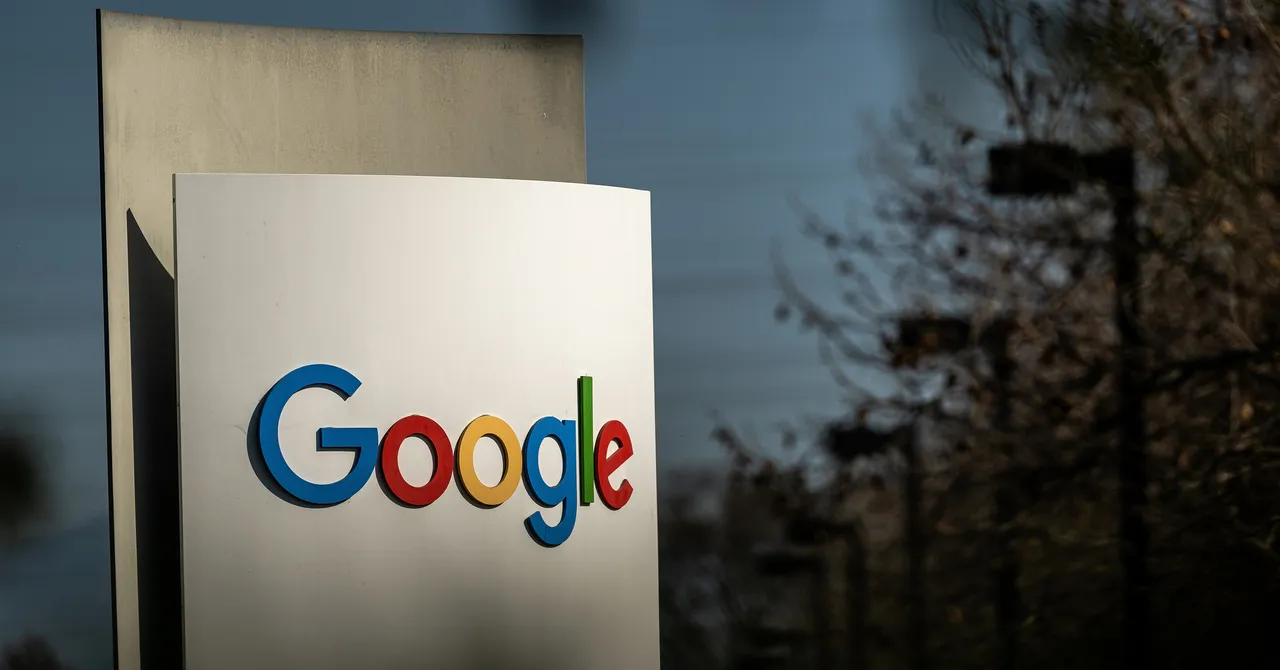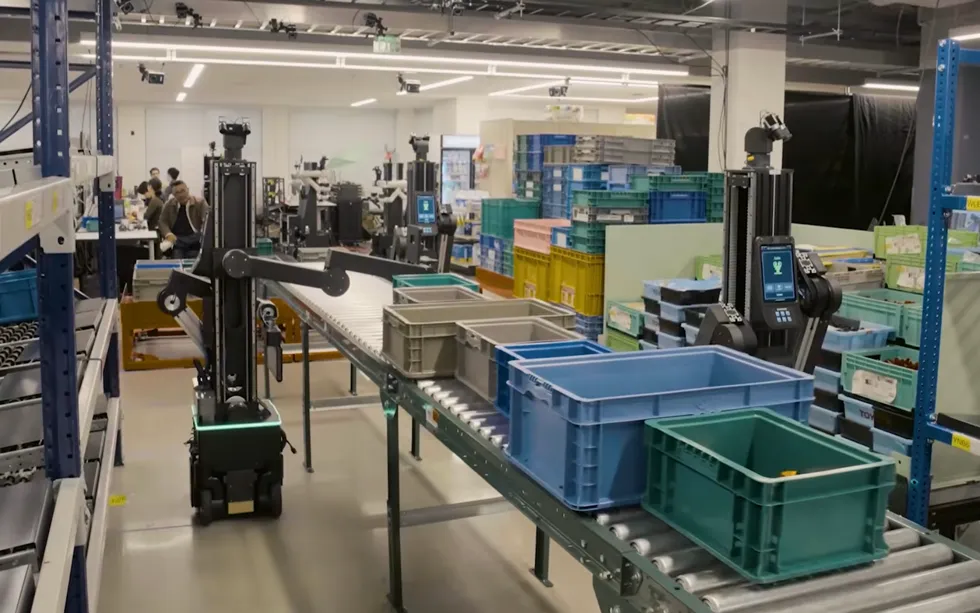Kyndryl Ireland’s Des Ryan discusses how businesses are changing their cloud strategies due to data sovereignty and AI.
Cloud computing remains one of the tech sector’s biggest industries, with the global cloud market being valued at more than $900bn last year.
Toward the end of 2025, enterprise technology services provider Kyndryl published its annual Cloud Readiness report, highlighting how businesses are navigating cloud strategies – with particular attention being paid to the technology’s relationship with AI.
As shown by Kyndryl’s report – which compiled insights from 3,700 business leaders across 21 countries – cloud’s importance within organisations is clear, with the tech becoming a significant backbone of enterprise operations.
But while cloud is cited as a significant consideration for organisations, 70pc of CEOs stated they arrived at their current cloud environment “by accident, rather than by design”. But this reactive approach to cloud seems to be shifting, according to the report.
“After years of rapid migration, many organisations are reassessing environments that were built reactively rather than by design,” says Des Ryan, managing director of Kyndryl Ireland.
“Hybrid and multi-cloud are now firmly the norm. 84pc of leaders intentionally use multiple clouds, while 41pc are bringing at least some workloads back on-premise to strike a better balance between control, performance and compliance.
“Cloud is increasingly about locating workloads where they make the most sense.”
Defining forces
As Ryan explains to SiliconRepublic.com, sovereignty and security are majorly reshaping cloud strategies.
According to the report, three-quarters of business leaders are concerned about geopolitical risks linked to global cloud environments, while 65pc have already modified their cloud approach in response to new data sovereignty regulations.
“Digital sovereignty has moved from a regional compliance issue to a global strategic concern,” says Ryan. “Geopolitical uncertainty and new regulations are pushing organisations to reassess where data lives, how it is accessed and who controls it.”
He explains that many organisations are adopting “more flexible architectures” as a result, which is “enabling workloads and data to move across providers and locations without disruption”.
“Some are also moving sensitive data or workloads to on-premise environments to reduce exposure and increase control. Put simply, sovereignty concerns are encouraging more deliberate, interoperable designs that preserve choice while meeting regulatory obligations.”
Unsurprisingly, AI is another “defining force” of shifting cloud strategies – particularly in relation to AI deployment and computational demand.
“While 89pc of leaders say cloud investments have made it easier to deploy AI, 35pc cite integration challenges as a major barrier to realising a return on their investment,” says Ryan.
“This is driving interest towards more specialised infrastructure, including private AI environments and GPU-optimised neoclouds which are designed to support AI workloads efficiently while keeping costs and computational requirements in check.”
Cloud disparities
In terms of cloud strategies, Ryan says the biggest divide he’s seeing is between organisations that treat cloud as a strategic platform and those still managing a fragmented infrastructure.
“Many leaders acknowledge that their current environments evolved without a clear plan, which limits their ability to respond quickly to regulatory change, security threats or AI demand,” he says.
“A successful cloud strategy starts with intentional design. That means aligning architecture, governance and data, and security from the outset, rather than adding controls afterwards.
“This includes the need for hybrid capabilities, which provides the option to run workloads seamlessly across on-premise, public and private environments, while managing them through a consistent operational and security framework.”
Ryan emphasises that security and compliance must be embedded by design in an organisation’s cloud strategy.
“As threats increase and regulation evolves, adaptable architectures are critical,” he says. “This is why such a large number of organisations are now investing in AI-driven cybersecurity.
“Integration is key, particularly relevant when it comes to AI. While cloud enables AI adoption, the results depend entirely on how well data, platforms and processes connect across environments.”
Cloud’s future
The renewed focus on strategy highlighted by the Cloud Readiness report is set to continue according to Ryan, who predicts that the future of cloud will be “less about scale alone and more about precision”.
He believes that organisations will continue to move towards hybrid, interoperable environments designed to support AI, security and regulatory agility simultaneously, while specialised infrastructure for AI – especially private AI and GPU-optimised platforms – will grow.
“At the same time, cloud security will continue to evolve rapidly, driven by real-world outage experience and the expanding AI threat landscape,” he says.
“Ultimately, cloud will become more intentional, more regulated and more deeply integrated into business strategy, delivering a flexible foundation for whatever comes next.
“One thing is clear, however, and that’s the fact that cloud utilisation is on the rise. What that looks like and who provides it may be very different in the years to come, and that’s something we can only guess.”
Don’t miss out on the knowledge you need to succeed. Sign up for the Daily Brief, Silicon Republic’s digest of need-to-know sci-tech news.



































































